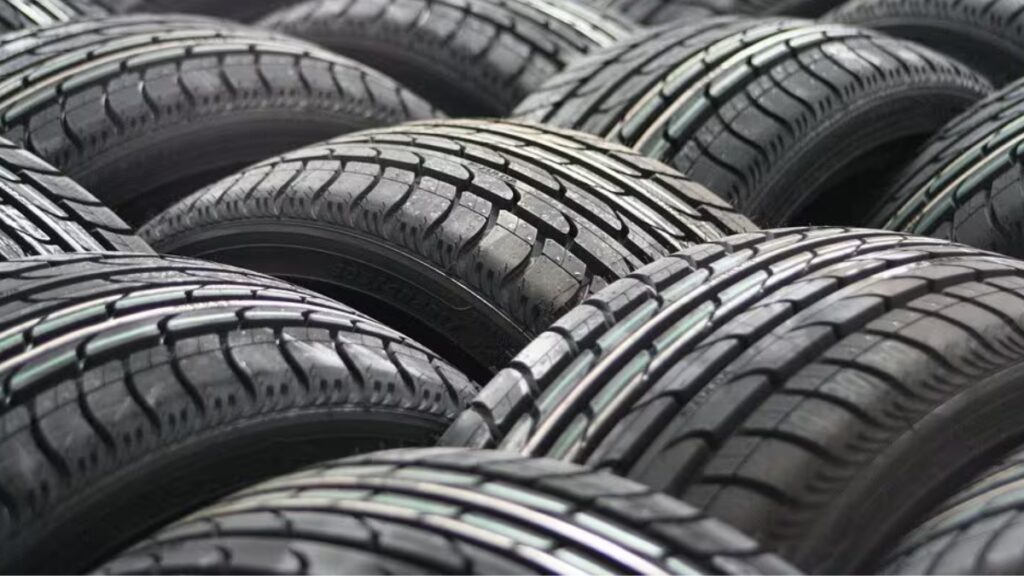New Delhi: The Indian tyre industry is grappling with disruptions in the supply chain due to the crisis in the Red Sea, affecting both the export of tyres and the import of raw materials. Rajiv Budhraja, the Director General of the Automotive Tyre Manufacturers’ Association (ATMA), revealed that freight rates between India and Rotterdam have surged 3-4 times, with transit times increasing by 14 days due to the rerouting of ships via the Cape of Good Hope.
For shipments to the United States, transit times to the West Coast remain unaffected, while there has been an increase of 8-10 days to the East Coast. Freight rates to the West Coast have doubled, and there has been a 40% surge in rates to the East Coast. Container availability has been impacted to some extent, although operations have not been completely disrupted.
Rajiv Tharian, associated with Southland Rubber Group, a major natural rubber processor and importer in the Indian market, highlighted significant increases in freight rates, such as a 300% rise from Asia to Europe, a 200% increase from Asia to the US, and around 100% for various other routes, including Africa to Asia. The shortage of containers and prolonged circulation time for boxes during voyages are causing severe delays in planned shipments from multiple locations.
This situation has prompted tyre companies, especially in the US and Europe, to aggressively procure nearby shipments and increase buffer stocks of raw materials, including natural rubber, due to the risk of shipping delays in the coming weeks and months. This additional pressure on the natural rubber supply chain compounds existing constraints caused by lower-than-normal production in recent months from major producing nations such as Thailand, Indonesia, and Vietnam.
Despite the tight availability of natural rubber in the domestic market towards the end of the production season, George Valy, the president of the Indian Rubber Dealers Federation, stated that the Red Sea crisis had not impacted domestic procurement by the industry. Natural rubber prices have risen by ₹6 per kg, reaching ₹160 per kg, reflecting lower availability. The crisis has also led to delayed rubber imports.





